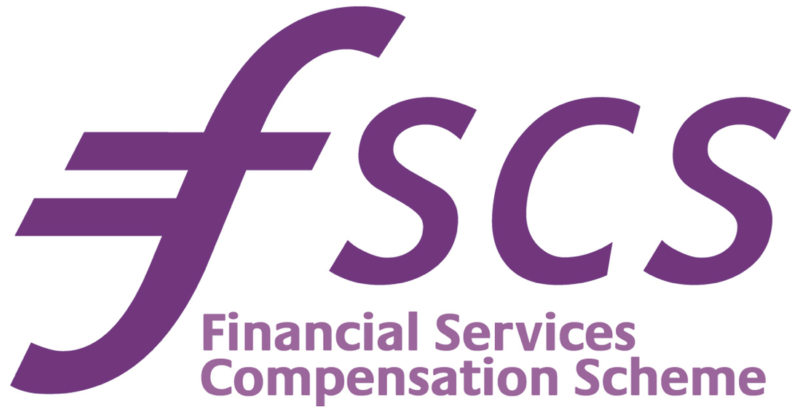Unhappy with the service you’ve received? Here’s how to do something about it

There are times when providers don’t live up to the standards that we all feel they should.
What should you do if you’re not pleased with the way things worked out?
-
1
Contact your provider
The first step is to contact the provider directly. You may be able to find a quick resolution to your problem over the phone or email, but you might not be so lucky.
If you’re getting nowhere on the phone, send a letter. You will then have a written record of what you have complained about. It may be wise to use some form of recorded delivery to prove that you have sent it.
Firms must let you know in writing that they have received your letter. They have eight weeks from the point they receive your complaint to write back for a second time.
In this second letter, they should explain whether they accept your complaint, and what they will be doing about it. Or they might say that they need more time and give a reason for this.
-
2
Stay calm
You might be angry with your provider. But always stay calm and be reasonable.
Lay out the problem clearly in writing, and explain what action you expect to be taken. They’re less likely to be able to deal with your complaint if it turns into a rant!
-
3
What if I’m still unhappy?
If a firm has rejected your complaint, or you are unhappy with the response, you can escalate your complaint to the Financial Ombudsman. The Financial Ombudsman is an organisation which will attempt to resolve the complaint.
It is impartial, meaning that it will not take your side or the firm’s side. It will look at the facts and either uphold or reject the complaint.
You can also contact the Ombudsman if your complaint is not responded to within eight weeks.
-
4
The Financial Ombudsman didn’t side with me
The Financial Ombudsman is impartial – meaning that it takes no side in the arguments it handles. It looks at the facts and makes a judgment from those alone. If it decides against you, you may feel that it has got things wrong.
If you accept its decision, this is legally binding, meaning that you may take no further action. However you can refuse to accept its decision, leaving you free to pursue legal action.
You may be able to take your case to court. But this would be an expensive route to take, and you still might not win.
It costs a fair bit of money to issue a claim, and you might need the help of a solicitor. If you lose, the court might order you to pick up the bill for the other side’s costs.
So think really carefully. Is a court likely to disagree with the Financial Ombudsman?
If you absolutely believe you have a good reason to be using the courts, you should seek legal advice before making a decision.


